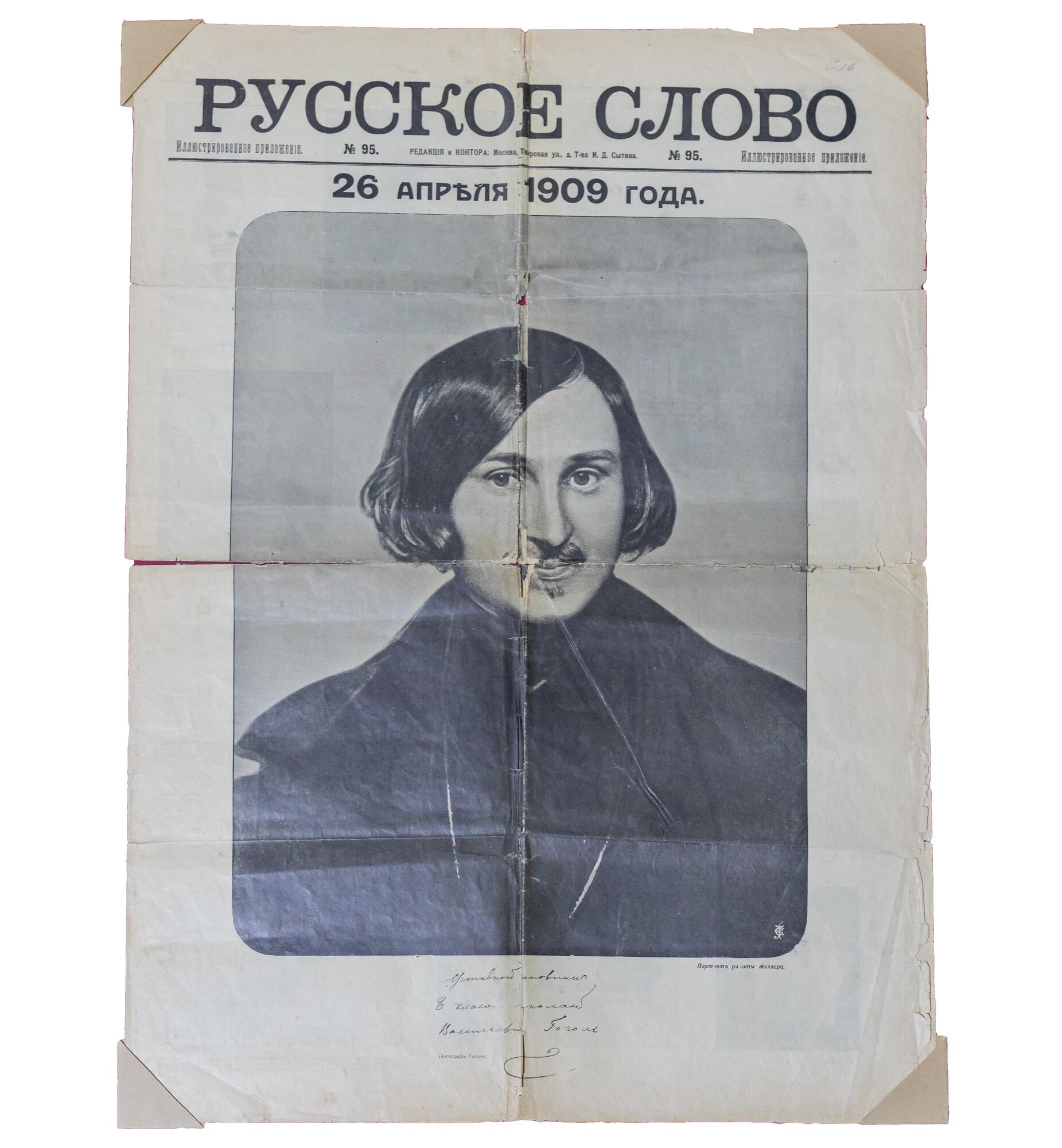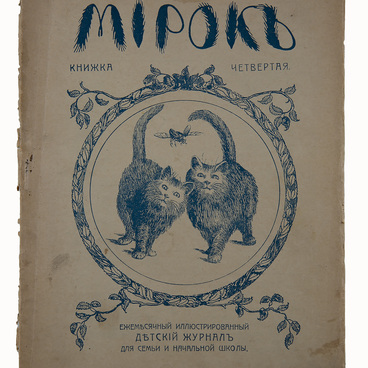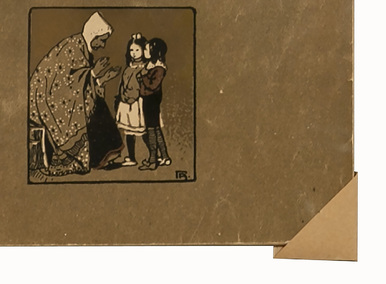The newspaper “The Russian Word” was the cheapest of the daily publications: the subscription cost seven rubles a year. The success of the newspaper ensured the growth of circulation. Special issues dedicated to famous people or significant events aroused great interest. In 1909, it was the 100th anniversary of the birth of Nikolai Vasilyevich Gogol, in 1910 — the 50th anniversary of Anton Pavlovich Chekhov; the 1911 issue was dedicated to the reform of 1861 and Alexander II. The most popular were the issues covering the death of Leo Tolstoy in 1910 and the murder of Grigori Rasputin in December 1916.
Major Russian journalists contributed to the newspaper: Osip Dymov, Pyotr Pilsky, Nikolay Shebuyev, Alexey Yablonovsky, Vasily Nemirovich-Danchenko, Vladimir Gilyarovsky, priest Grigory Petrov and many others. Sytin also invited Russian writers to submit their articles: Maxim Gorky, Ivan Alekseyevich Bunin, Aleksandr Ivanovich Kuprin, and Leonid Nikolayevich Andreyev. The very design of the issues posited “The Russian Word” as a newspaper of a new type, focused on attracting a mass reader. The newspaper’s popularity grew rapidly.
“The Russian Word” had 20 war correspondents during the Russo-Japanese War. Apart from Vasily Nemirovich-Danchenko’s articles, reports under the heading “Enemy Country in Wartime” were authored by Vladimir Eduardovich Krayevsky, who raided the rear of the Japanese army using a fake passport in the name of a British citizen Percy Palmer. The newspaper had great sources in the Ministry of Foreign Affairs of Russia. During the First World War, as soon as the opportunity arose, “The Russian Word” sent two employees and an artist to the active army. To show readers the suffering of people during the war, the journalist Vlas Mikhailovich Doroshevich drove from Moscow to St. Petersburg to meet the flow of refugees and then prepared a series of articles for the newspaper.
There were many advertisements printed in the newspaper. In a typical six-page issue, advertising occupied the entire first and most of the last page. Ads and announcements brought a very large profit to the newspaper. With the growing popularity, an increasing number of advertisements were published in “The Russian Word” and the cost of one such publication increased every year.
After the October Revolution,
the newspaper was closed by a decree of the Moscow Military Revolutionary
Committee. From January to July 6, 1918, it was published under different names
(“New Word” or “Our Word”). In July 1918, the newspaper was finally closed.


